Unlike other nations, China’s space ambitions are centered on wealth creation through a space-based economy.


LIVE: It’s Space Day at the Texas Capitol! From 9 a.m. to 3 p.m., we will be celebrating human space exploration with interactive exhibits for the public featuring NASA Astronauts, the International Space Station, the NASA Commercial Crew Program, NASA’s Orion Spacecraft, NASA JSC Education’s High School Aerospace Scholars (HAS) program, and legislative proclamations highlighting achievements in human exploration throughout Texas.
Ask your questions in the comments!
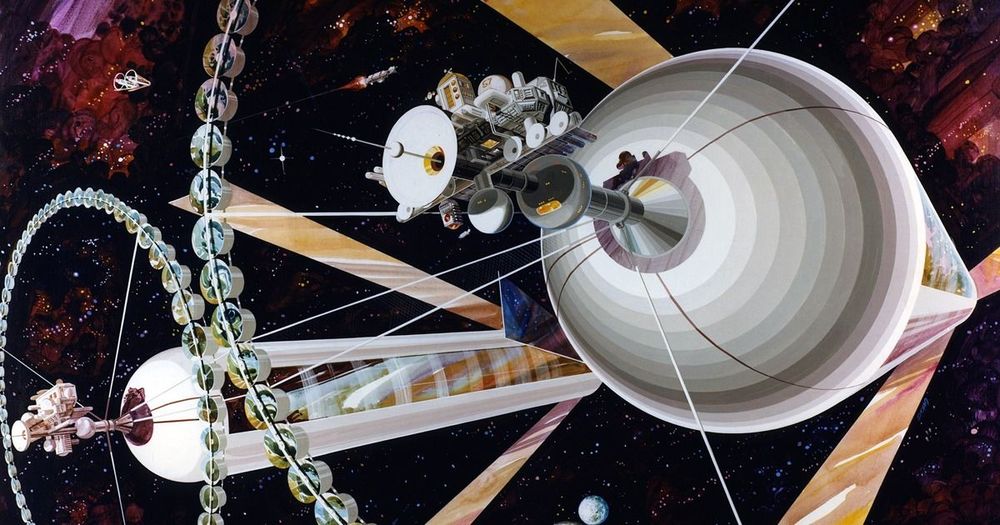
Very few people are going to want to leave this planet permanently — it’s just too amazing.
“Ultimately what will happen, is this planet will be zoned residential and light industry,” he said. “This is the gem of the Solar System. Why would we do heavy industry here? It’s nonsense.”
Bezos also referenced the work of physicist Gerard O’Neill, who came up with the idea of a cylinder-shaped space settlement design known as an “O’Neill cylinder,” in which two counter-rotating cylinders would provide gravity for human settlers while mitigating gyroscopic effects.
Similar space colonies have been depicted in popular sci-fi movies including “2001: A Space Odyssey” (1968).
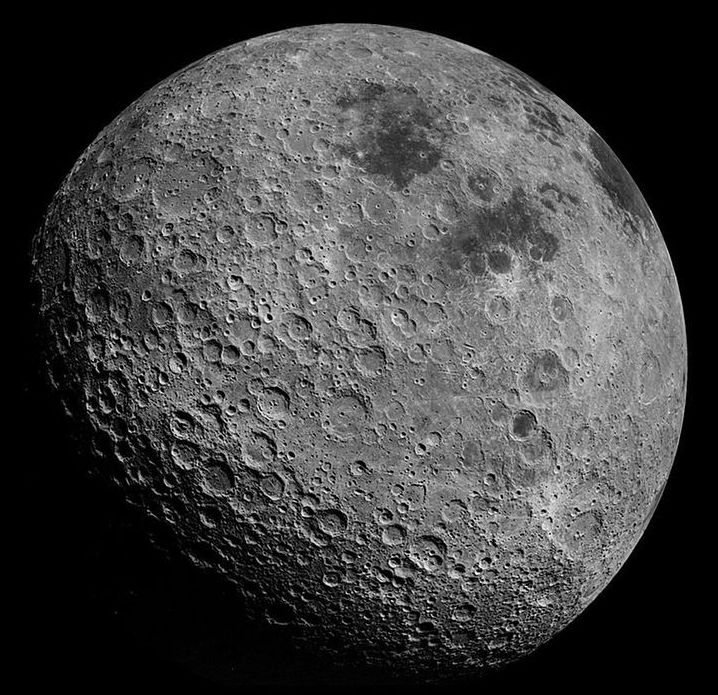
NASA is coming again… to the Moon!
NASA has selected 12 science and technology demonstration payloads to fly to the Moon as early as the end of this year, dependent upon the availability of commercial landers. These selections represent an early step toward the agency’s long-term scientific study and human exploration of the Moon and, later, Mars.
“The Moon has unique scientific value and the potential to yield resources, such as water and oxygen,” said NASA Administrator Jim Bridenstine. “Its proximity to Earth makes it especially valuable as a proving ground for deeper space exploration.”
NASA’s Science Mission Directorate (SMD) initiated the request for proposals leading to these selections as the first step in achieving a variety of science and technology objectives that could be met by regularly sending instruments, experiments and other small payloads to the Moon.
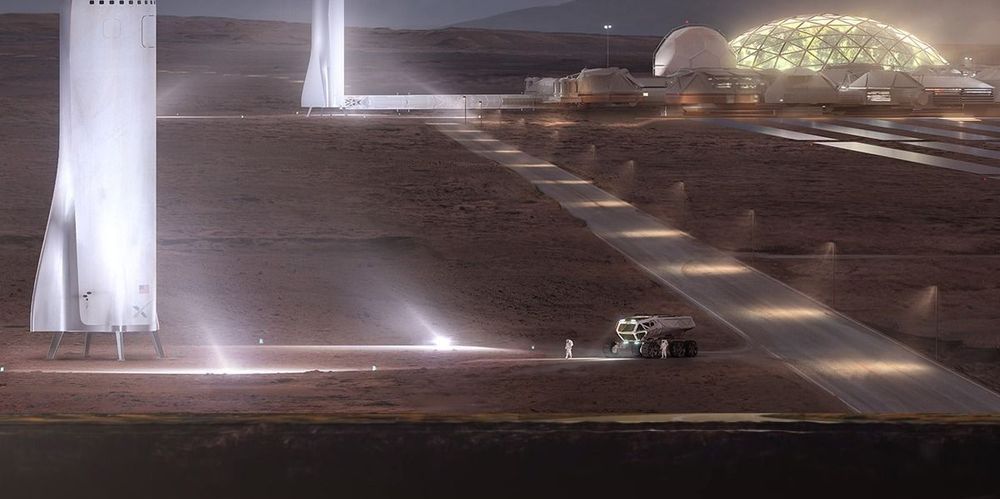
In an interview newly published by Popular Mechanics, SpaceX CEO Elon Musk shared his thoughts on colonizing Mars — from how the first settlers will grow food to the friendly vibe he envisions at the first base on the Red Planet.
“For having an outdoorsy, fun atmosphere, you’d probably want to have some faceted glass dome, with a park, so you can walk around without a suit,” Musk told the magazine. “Eventually if you terraform the planet, then you can walk around without a suit. But for say, the next 100-plus years, you’ll have to have a giant pressurized glass dome.”
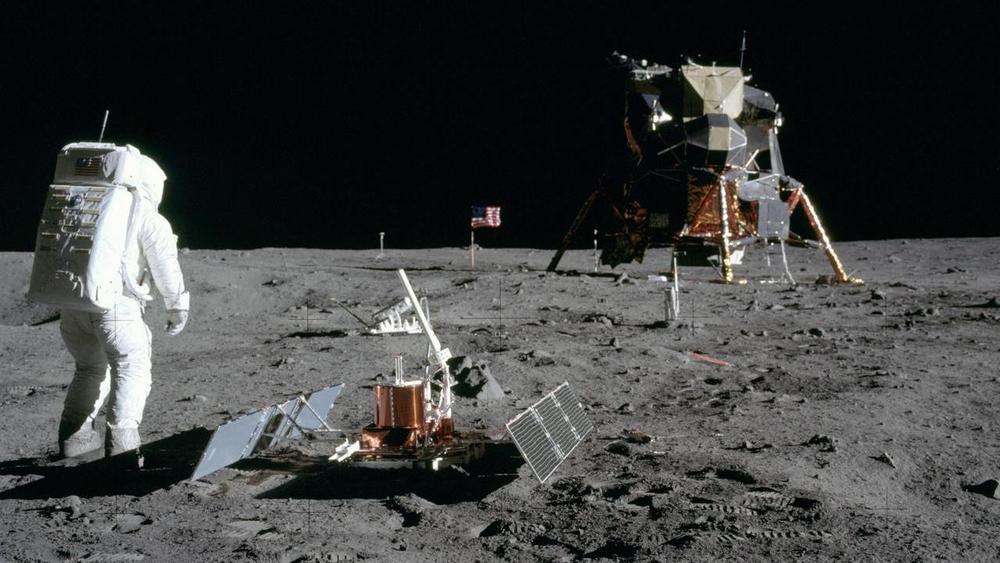
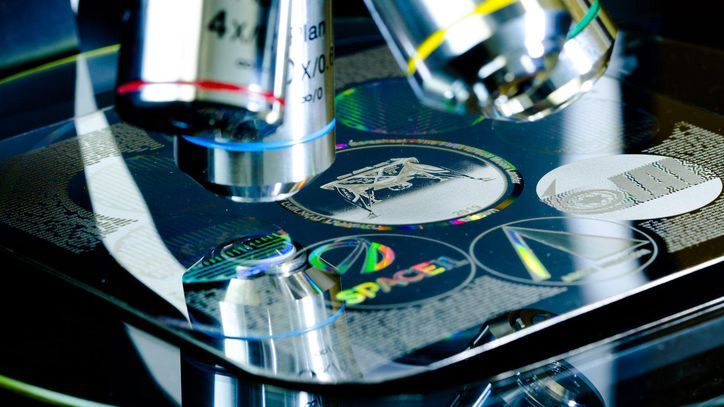

WFIRST ain’t your grandma’s space telescope. Despite having the same size mirror as the surprisingly reliable Hubble Space Telescope, clocking in at 2.4 meters across, this puppy will pack a punch with a gigantic 300 megapixel camera, enabling it to snap a single image with an area a hundred times greater than the Hubble.
With that fantastic camera and the addition of one of the most sensitive coronagraphs ever made – letting it block out distant starlight on a star-by-star basis – this next-generation telescope will uncover some of the deepest mysteries of the cosmos.
Oh, and also find about a million exoplanets.